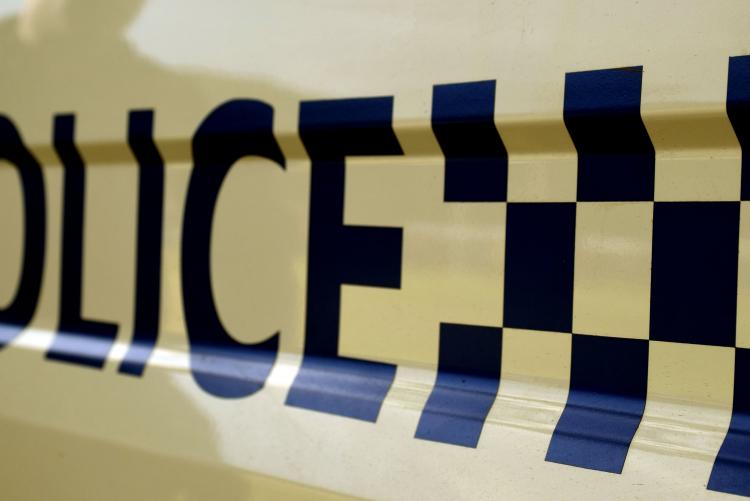RSIPF to step up security at country’s borders
File photo
Royal Solomon Island Police Force (RSIPF) is seriously considering ways to boost our security at the western border due to the increase of the number of COVID-19 cases in our neighbouring Papua New Guinea as well as Solomon Islands’ other borders.
The RSIPF has submitted an estimated budget of $46 million to the government for security at all the country’s borders for the extended four months State of Public Emergency. The proposed budget is to cover infrastructure, logistics, officers’ allowances and other operational costs.
Deputy Commissioner Ian Vaevaso says, “Before we can boost our security at the western border as well as the other borders, there are some very important issues that need to be considered. This includes accommodation for our officers who will be deployed there and the necessary logistics that is needed to operate in the vast maritime areas at our western, eastern, southern and northern borders.”
“RSIPF is continuing to discuss with the Government through the Ministry of Police, National Security and Correctional Services some of these issues. We have also submitted a further budget for the continuation of the operation at the western as well as the other borders following the extension of the State of Public Emergency for another four months.”
DC Vaevaso adds, “In the meantime, the Joint Operation at the western border is setting up observation posts on the islands in the Shortlands at night times and increase patrols at the red line. There are also discussions to set up a monitoring station at Supizae in north Choiseul to monitor that side of the common border with Papua New Guinea.”
Our officers are also continuing with community awareness in communities in the Shortland Islands.
“There will be a changeover of officers on border duties in the western border with PNG this weekend for a new group to take over for the one-month deployment.”
“I want to appeal to all the chiefs, other community leaders, and our people in the western border region to work together with our law enforcement agencies to prevent this deadly virus from entering our border,” says DC Vaevaso.


